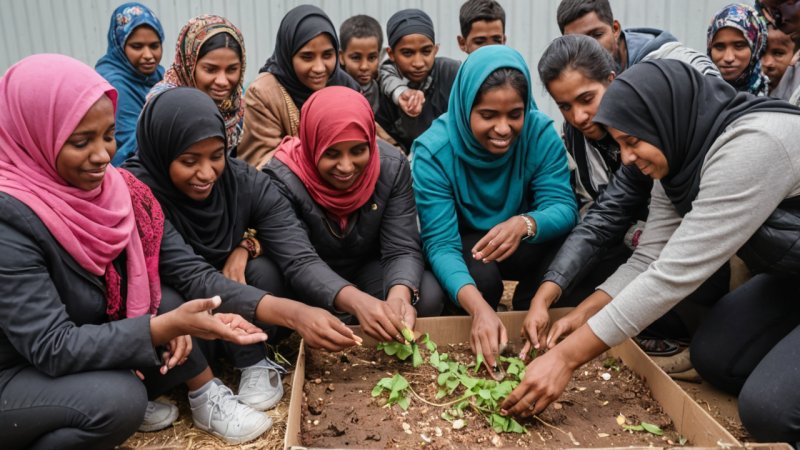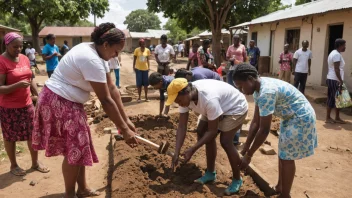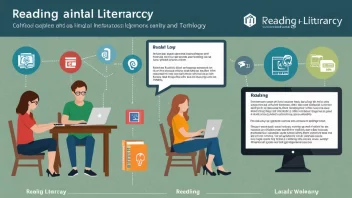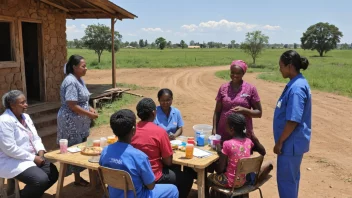Understanding the Refugee Crisis
The refugee crisis is a pressing global issue that affects millions of individuals and families. As conflicts, persecution, and environmental disasters displace people from their homes, the economic consequences on both host communities and the refugees themselves can be devastating. Addressing the impact of refugee crises on global poverty requires comprehensive strategies that not only provide immediate relief but also promote long-term solutions.
1. Support Local Integration Programs
Facilitating the integration of refugees into local communities is vital. Many refugees possess skills and talents that can contribute positively to their new environments. Local integration programs can help refugees acquire language skills, understand cultural norms, and access job training. By investing in these initiatives, communities can foster social cohesion and economic growth.
2. Promote Education and Vocational Training
Education is a powerful tool for breaking the cycle of poverty. Ensuring that refugee children have access to quality education and vocational training is essential for their future and the communities they join. Organizations can collaborate with local schools to develop inclusive curricula that cater to the needs of refugee students, providing them with the skills necessary to thrive in their new environments.
3. Advocate for Policy Changes
Policy advocacy is crucial in shaping a supportive environment for refugees. Engaging with policymakers to create and implement laws that protect the rights of refugees and facilitate their integration can have a lasting impact. Grassroots movements, NGOs, and community organizations can amplify their voices to influence policies that address the economic challenges posed by refugee crises.
4. Encourage Community Engagement and Volunteering
Community engagement is key to fostering understanding and support. Encouraging local residents to volunteer with refugee support organizations can bridge divides and build empathy. Volunteer programs can involve mentorship, language exchange, and cultural activities that help refugees feel welcomed and valued in their new communities.
5. Invest in Sustainable Livelihood Initiatives
Creating sustainable economic opportunities for refugees is essential. Initiatives that focus on entrepreneurship, skill development, and access to microfinance can empower refugees to become self-sufficient. By supporting these programs, communities can help refugees rebuild their lives while also contributing to local economies.
Conclusion
The impact of refugee crises on global poverty is profound and multifaceted. By supporting local integration programs, promoting education, advocating for policy changes, encouraging community engagement, and investing in sustainable livelihoods, we can make a significant difference in the lives of refugees and their host communities. Together, we can work towards a world where every individual, regardless of their background, has the opportunity to thrive.






